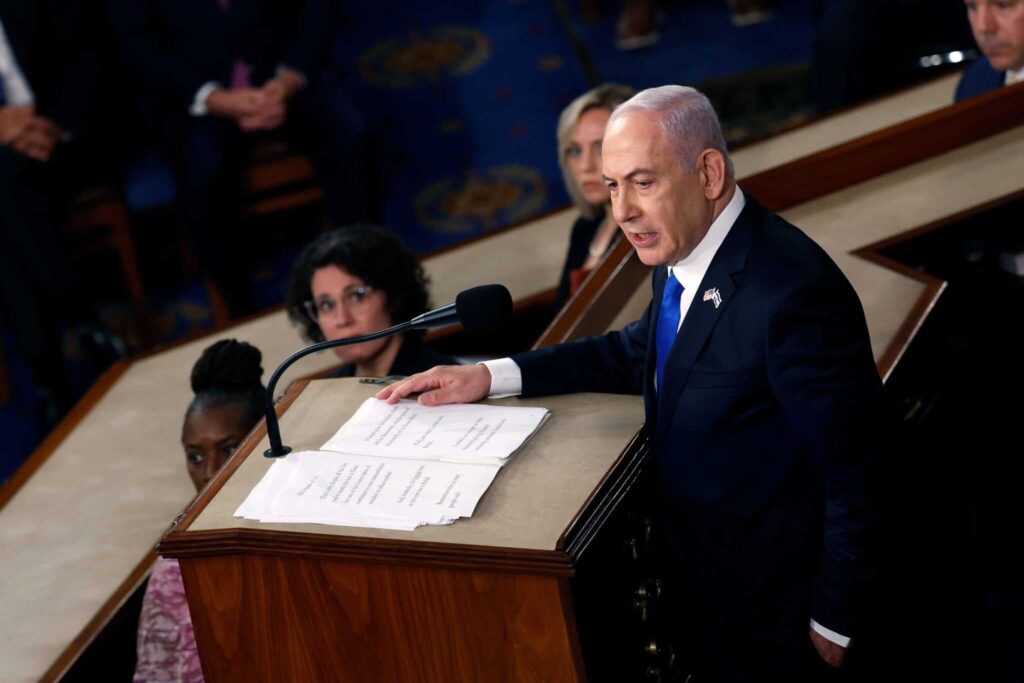US President Joe Biden announced that a ceasefire between Israel and Hezbollah will come into effect at 4 a.m. GMT on Wednesday. This follows the Israeli cabinet’s approval of the ceasefire agreement on Tuesday evening, which had been brokered by the United States and was recommended by Prime Minister Benjamin Netanyahu earlier in the day.
The ceasefire is initially set to last for 60 days. However, Netanyahu emphasized that its duration would depend on developments in Lebanon. He stressed that Israel retains full military freedom of action in coordination with the United States. If Hezbollah violates the ceasefire, particularly by attempting to arm itself or rebuilding terrorist infrastructure near the border, Israel will take military action.
Biden addressed the agreement in a speech from the White House Rose Garden, confirming that the ceasefire would begin at 4 a.m. local time on Wednesday (2 a.m. GMT). He called the deal a “new start for Lebanon” following the deadliest conflict between Israel and Hezbollah in decades.
Observers saw the deal as a significant foreign policy achievement for President Biden. In the lead-up to the ceasefire, the Israeli military had issued evacuation warnings in several areas, including parts of Beirut that had not previously been targeted. This was seen as an attempt to pressure Hezbollah in the final moments before the ceasefire took effect. For the first time during the conflict, Israeli ground forces advanced into Lebanon’s Litani River area, a key location in the deal.
Despite the ceasefire with Hezbollah, Israel’s ongoing conflict with Hamas in Gaza remains unaffected and shows no signs of easing.
As tensions mounted before the ceasefire, evacuation warnings prompted widespread panic, with many residents fleeing affected areas. Traffic jams were reported, and people sought refuge in central squares, some wrapped in blankets or standing around fires as Israeli drones flew overhead. Hezbollah continued to fire rockets, triggering air raid sirens across northern Israel, but Lebanese officials confirmed that the group supported the ceasefire deal.
